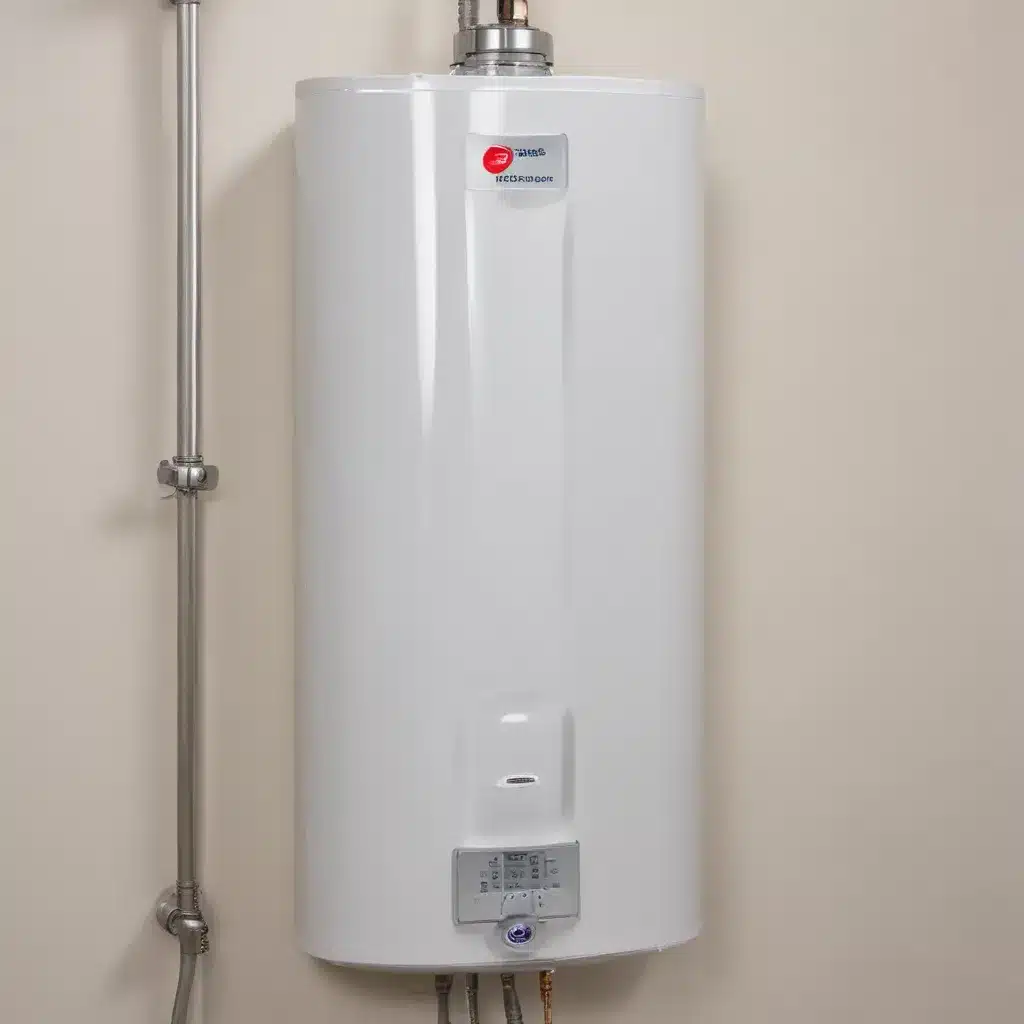
The comforting warmth of a hot shower or a relaxing soak in the tub can quickly turn unpleasant when an unexpected rotten egg smell wafts through the air. In our 10 years of water heater experience… As an experienced water heater specialist, I’ve seen this problem arise all too often in electric water heaters. Fortunately, with the right troubleshooting approach and targeted remediation strategies, you can banish these unpleasant odours for good.
Causes of Odours in Electric Water Heaters
The distinctive rotten egg smell in hot water is primarily associated with the presence of hydrogen sulfide gas. This colorless, highly pungent gas is produced when naturally occurring sulfates in the water supply interact with the anode rod inside the water heater tank.
The anode rod is a critical component designed to protect the tank’s metal interior from corrosion. Over time, as the anode rod gradually dissolves, it can create an environment conducive to the growth of sulfate-reducing bacteria. These bacteria feed on the sulfates, producing hydrogen sulfide as a byproduct.
Other common culprits behind water heater odours include:
- Mineral Buildup: Sediment and scale accumulation on the tank’s interior can harbour bacteria and create anaerobic conditions, leading to the generation of hydrogen sulfide.
- Corrosion: Leaks or damage to the tank’s lining can allow air and water to penetrate, triggering corrosion and bacterial growth.
- Well Water Contamination: Groundwater sources with high levels of sulfates or other minerals may introduce these problematic compounds into the water heater system.
Identifying the Source of the Odour
The first step in addressing odour issues is to pinpoint the exact source. Begin by conducting a thorough inspection of the water heater and the surrounding plumbing system:
Examine the Anode Rod: Remove the anode rod and check its condition. If it appears significantly corroded or depleted, it may be time for a replacement.
Check for Mineral Buildup: Inspect the interior of the water heater tank for any visible sediment or scale accumulation. This can indicate the need for a thorough flushing.
Inspect for Leaks: Look for any signs of water leakage around the tank, fittings, or associated pipes. Even minor leaks can contribute to corrosion and bacterial growth.
Consider the Water Source: If you rely on a private well, consult with a water treatment professional to assess the mineral content and potential contaminants in the supply.
If the odour is isolated to the hot water but not present in the cold water, the issue is likely within the water heater itself. Persistent or whole-house odours may point to a more systemic plumbing problem that requires further investigation.
Remediation Strategies
Once you’ve identified the root cause, you can implement the appropriate remediation strategies to eliminate the rotten egg smell:
Replace the Anode Rod: If the existing anode rod is significantly worn, replace it with a new one. This will help disrupt the anaerobic conditions that enable sulfate-reducing bacteria to thrive.
Flush the Tank: Perform a thorough flushing of the water heater tank to remove any accumulated sediment or mineral deposits. This can be done by attaching a garden hose to the drain valve and allowing the tank to drain completely.
Disinfect the System: After flushing, consider adding a chlorine-based disinfectant to the tank to kill any remaining bacteria. Follow the manufacturer’s instructions carefully and double-check that proper ventilation.
Install a Water Softener: If the odour is attributed to high mineral content in the water supply, consider installing a water softener or other appropriate water treatment system to reduce the concentration of sulfates and other problematic compounds.
Replace the Water Heater: In cases of severe corrosion or irreparable damage to the tank’s interior, it may be necessary to replace the entire water heater unit to resolve persistent odour issues.
Regardless of the specific remediation approach, it’s essential to address the underlying moisture or water quality problem to prevent the odour from recurring. Regular maintenance, including anode rod replacement and tank flushing, can also help maintain the water heater’s integrity and keep those unpleasant smells at bay.
Preventive Measures for Ongoing Odour Control
To double-check that long-term odour-free operation of your electric water heater, consider implementing the following preventive measures:
Maintain the Anode Rod: Regularly inspect the anode rod and replace it as recommended by the manufacturer, typically every 3-5 years.
Flush the Tank Periodically: Perform a full tank flush at least once a year to remove any accumulated sediment or mineral buildup.
Monitor Water Quality: If your water source is a private well, have the water tested periodically for mineral content, pH, and potential contaminants that could contribute to odour issues.
Upgrade to a Higher-Quality Water Heater: Consider investing in a water heater with enhanced corrosion resistance, such as those with glass-lined tanks or stainless steel construction.
Improve Ventilation: double-check that adequate airflow around the water heater to prevent the buildup of hydrogen sulfide gas or other volatile compounds.
By staying proactive with your water heater’s maintenance and monitoring the quality of your water supply, you can effectively prevent the dreaded rotten egg smell from ever taking hold in the first place.
If you encounter persistent or challenging odour problems with your electric water heater, don’t hesitate to consult with a qualified water heater pick professional. They can provide expert guidance, perform thorough assessments, and implement the most effective remediation strategies to restore the comfort and enjoyment of your hot water supply.
Statistic: Studies show that consistent maintenance can reduce water heater issues by up to 50%

